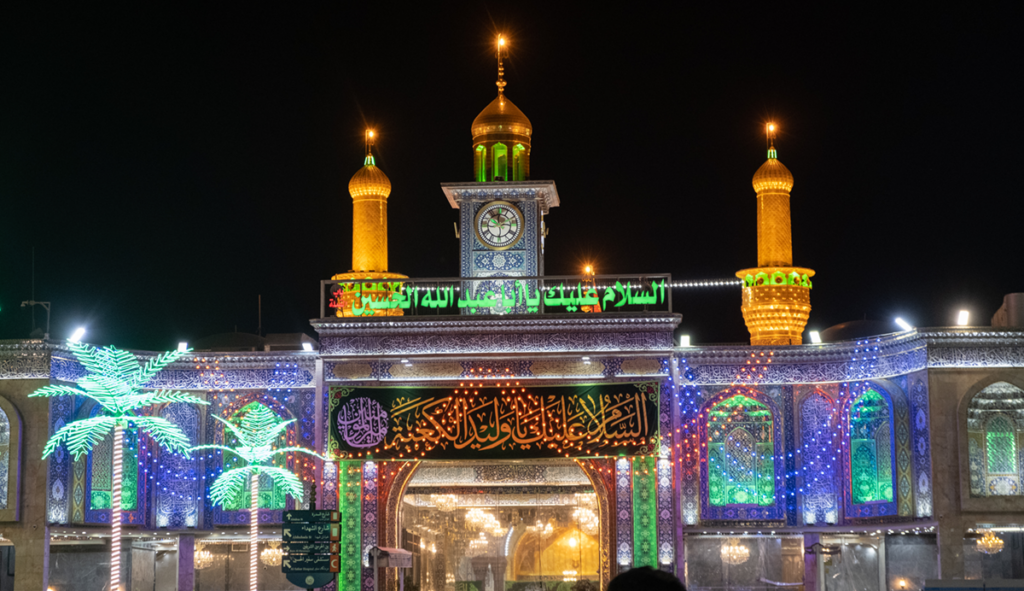Muharram is the first month of the Islamic lunar calendar and holds religious significance for Muslims around the world.

It commemorates several important events in Islamic history, particularly the martyrdom of Imam Hussein, the grandson of Prophet Muhammad.
The most significant event associated with Muharram is the Battle of Karbala, which took place in 680 CE. Imam Hussein, along with his family and a small group of supporters, faced a large army loyal to the Umayyad caliphate. Despite being vastly outnumbered, Imam Hussein and his followers stood for principles of justice and refused to pledge loyalty to the unjust ruler of the time. The battle resulted in the tragic martyrdom of Imam Hussein and his companions.

The martyrdom of Imam Hussein in Karbala is regarded as a symbol of sacrifice, bravery, and standing up against tyranny within the Islamic faith. It serves as a reminder for Muslims to uphold principles of justice, compassion, and dignity. Muharram is a time of mourning and reflection, where Muslims gather for processions, recitations, and sermons to remember the suffering and sacrifices made by Imam Hussein and his companions. It’s important to note that practices and observances during Muharram may vary across different Muslim communities and cultural contexts.